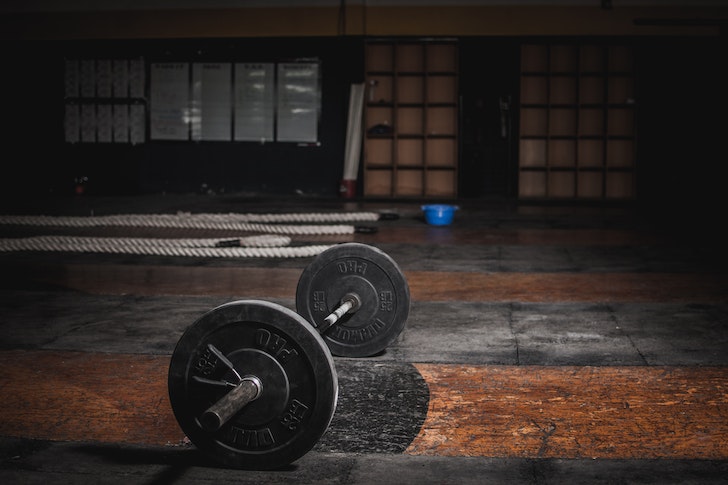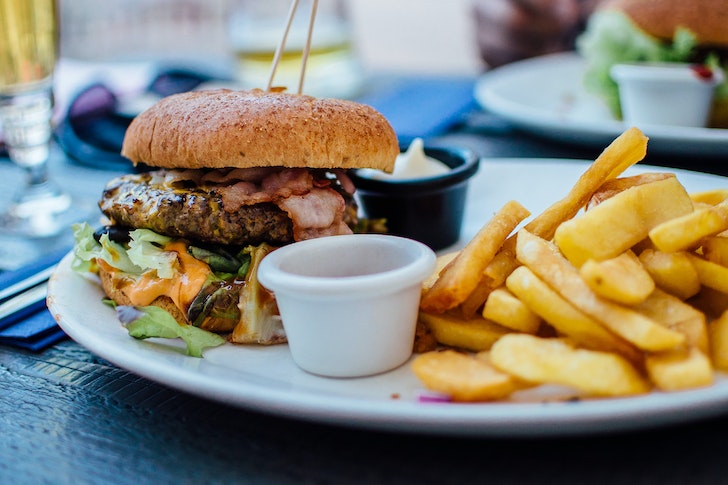Every star athlete, whether a diver, biker, marathoner, or acrobat, started their career as a novice amateur. They, like you, began at the beginning, learning the fundamentals and fumbling through victories and setbacks before ultimately triumphing.
Even if you're working out for the first time or rejoining after a lengthy absence, there are a couple of points to consider before getting started. Keep these within consideration as you relentlessly pursue your exercise objectives.

Leon Ardho/Pexels.com | All you need is yourself and motivation!
The Golden Rule
Before you begin concentrating on workouts, you should always be aware of the fact that working out most of the time is ineffective and is considered unhealthy. To remain healthy, you need the golden ratio.
Every now and then, we all need a candy bar or a mushy platter of tacos. If you consume clean and nutritious food 80% of the time, you can be a tension-free regular individual the other 20% of the time. Allowing yourself a small luxury every now and then will help you follow your diet and will eventually get you the results you desire.

Robin Stickel/Pexels.com | Cheat days are important!
Eating habits/It is natural to gain weight
At times you may even be famished. It indicates your body is undergoing modifications, building muscle and burning fat, and for that, it requires calories to do so. Start eating protein such as grilled chicken and seafood, refined carbohydrates such as oats and grains, along with numerous greens and fruits.
Muscle mass is denser than fat mass, and you will undoubtedly gain weight from lean muscle gains. While your clothes may feel looser, the scale may tell you otherwise. At first, the method your metabolism produces power to the muscles can add weight. The energy supply for your muscles is glycogen or sugar that your muscle tissue turns to glucose.
When you routinely exercise, your body stores more carbohydrates to fuel the exercise. Glycogen, which is stored in water, must bond with water as a vital component of fueling the muscle. That water also contributes a tiny amount of mass.

Malidate Van/Pexels.com | Steak in the form of protein might as well be the best thing
All you need is yourself and some dumbbells
Joining a gym for exercise does not have to be costly; all you require is your body weight, some dumbbells or workout bands, and some trainers. If you don't have a medical condition, limit your cardio sessions to under 30 minutes and give it your all.
According to data, high-intensity routines burn more calories, increase stamina and maximum oxygen uptake, and lose calories in approximately half the time compared to conventional cardio. Strong exercise also increases the generation of muscle-building and fat-burning molecules like hGH and somatotropin, maintaining you fresher both within and without.




